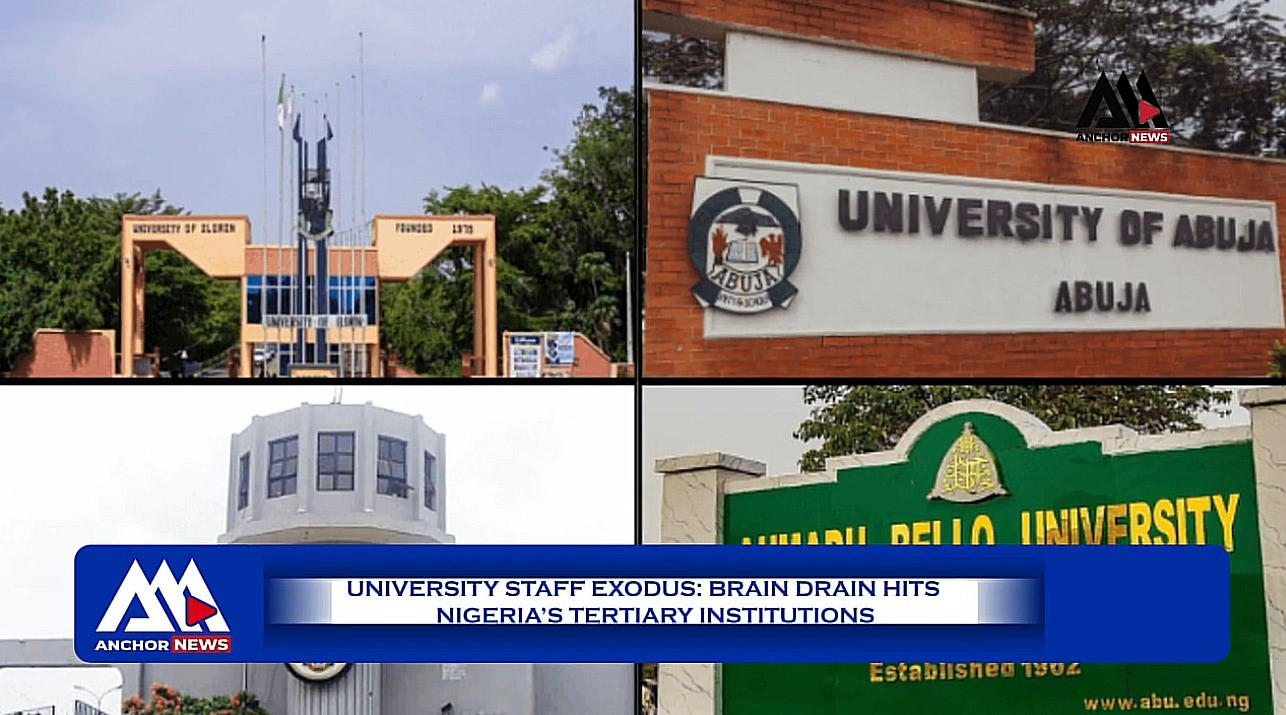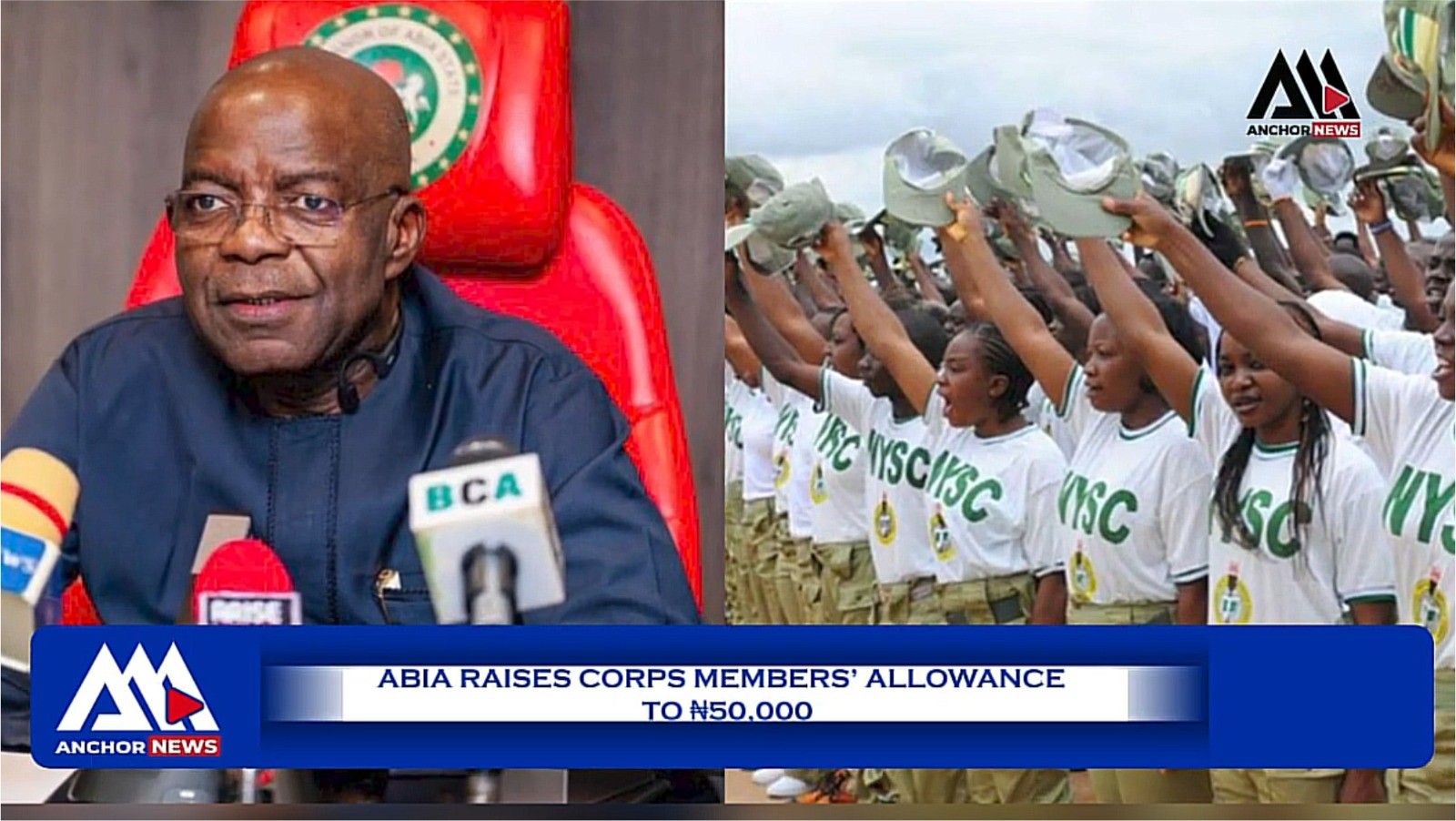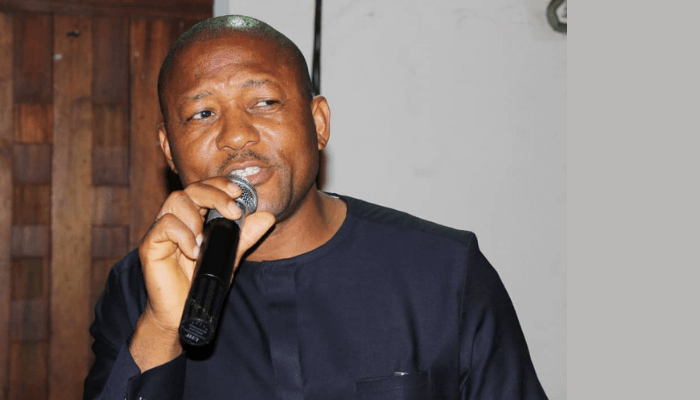
Nigeria has reaffirmed its commitment to advancing decent work and inclusive economic growth as its Decent Work Country Programme III (DWCP III) reaches its midpoint.
The Minister of Labour and Employment, Muhammad Maigari Dingyadi, made this known while addressing delegates at the 113th International Labour Conference (ILC) in Geneva.
Launched in December 2023, DWCP III is a five-year strategic initiative implemented by the Federal Government of Nigeria in partnership with the International Labour Organization (ILO). The programme aims to expand decent employment opportunities, safeguard workers’ rights, and extend social protection—especially to Nigeria’s large informal sector, which accounts for over 60% of the country’s labour force.
Speaking at the ILC, Dingyadi noted that the programme aligns with both Nigeria’s national development strategies and the United Nations Sustainable Development Goal 8, which promotes decent work and inclusive economic growth. “Nigeria shares the ILO’s vision of a just transition and acknowledges that sustainable development hinges on inclusive economic growth and fair labour practices,” he said.
Dingyadi highlighted that the Director-General’s report for the conference resonates with the current realities in the world of work and reflects the aspirations of President Bola Ahmed Tinubu’s administration. He emphasised that these priorities are designed to reposition Nigeria as a prime global investment destination.
Among the key achievements reported at the midpoint is the introduction of a new national minimum wage in July 2024, following collective negotiations aimed at improving workers’ living conditions. Comprehensive reforms of the National Employment Policy and amendments to existing labour laws are underway to better reflect modern realities.
In addition, he said labour inspections have been strengthened, and formalisation initiatives have been implemented to transition informal businesses into the formal economy, supported by tax reforms and digital registration drives. The nationwide rollout of digital and ICT training programmes is equipping young Nigerians for the evolving global job market. In addition, social protection schemes targeting informal sector workers are being expanded.
“The Federal Government, together with its tripartite partners, remains committed to advancing social justice and ensuring fair distribution of economic gains through decent work,” Dingyadi told conference participants.
Labour market data presented at the conference show that Nigeria’s unemployment rate, which rose slightly to 5.3% in Q1 2024 from 5.0% in Q3 2023, subsequently declined to 4.9% by Q2 2024. The ILO projects that this rate is expected to hold steady through 2025, barring any major economic disruptions.
DWCP III continues to serve as a comprehensive national framework for job creation, improved working conditions, and strengthened labour governance. With strong political will and international cooperation, the programme is poised to reshape Nigeria’s labour market, particularly for vulnerable groups operating outside the formal economy.












